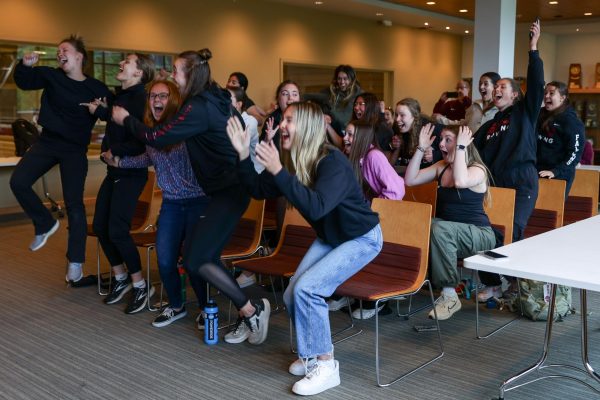Free apps, free speech
Discussions surrounding Elon Musk Twitter buyout
April 20, 2022
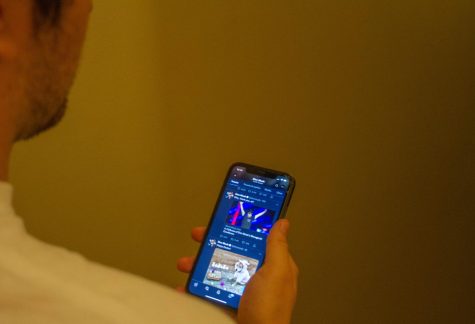
On April 4, Elon Musk purchased 9.2% of Twitter shares, more than anyone else currently owns. Several days later, he announced his intentions to buy the company. Musk stated he wants to make the platform private and promote free speech.
“I believe in its potential to be the platform for free speech around the globe, and I believe free speech is a societal imperative for a functioning democracy,” Musk said in a letter to the chairman of Twitter.
Musk made an offer of $43 billion to buy the company, but Twitter has not said if they are going to accept his offer.
For students at Seattle Pacific University, this raises questions around the role of free speech on social media.
Tucker Graves, freshman cellular and molecular biology and honors major, believes that there is a line that should not be crossed, even in online spaces.
“There’s a difference between having free speech and having unregulated speech,” Graves said. “There’s the obvious example of hate speech, which I think should be controlled, but the people who are controlling it also need to be controlled.”
Senior accounting and honors liberal arts major Nathan Judd explained that many major media companies are constantly bombarding the public with content that benefits them.
“We are held captive via algorithms that target us with specific data and information which may result in the loss of human agency or not hearing the full story in a sense,” Judd said. “Whatever keeps a user on the app to bring in ad revenue, that’s what you are more likely to see. It’s a powerful business model.”
First-year business administration major Andres Zeller-Marquez believes that free speech should be extended to online spaces owned privately.
“I believe it [corporate censorship] is an unfair form of censorship, but I understand the debate about being a private corporation,” Zeller said. “The way I see it, in our modern times these private companies have become so large and have become such a huge place of discourse that I do believe that the first amendment should apply to these platforms.”
Zeller-Marquez has concerns regarding the power of major corporations within the social media world.
“[Musk] made a serious offer to buy out Twitter. I remember at the same time, what happened with that too was this other ginormous corporation decided to buy stock in it,” Zeller-Marquez said. “If other, more evil corporations are trying to fight Elon, I think I’m on Elon’s side.”
Judd explained corporations are always fighting to control the public’s attention, but not against who many might expect.
“We have reached a critical point in human history where the amount of information available can overwhelm one’s senses,” Judd said. “Take Facebook, Instagram and Netflix for example. Their biggest competitors are not always other apps. Netflix’s CEO in 2017 said that their biggest competitor is sleep.”
While some may see Musk as being threatening, Graves just thinks he is trying to get attention from it.
“I think he’s just having fun,” Graves said. “He’s someone with a lot of power that a huge amount of people look to as a brilliant innovator of a car company that he did not invent. But he has a huge amount of political power and he should be aware of the consequences.”
Zeller-Marquez shared similar thoughts about Musk’s intentions with his offer and stock purchases.
“A lot of people are out there just saying that it might be a ‘pump and dump scheme,’ which I’m not sure about,” Zeller-Marquez shared. “I know Elon Musk does kinda do those things where you buy stocks, say something, and then sell the stock and make a ton of money.”
Zeller-Marquez believes that Musk’s purchase of the social media platform could have a major impact on many people.
“I think the general population is obviously who this main initiative is really for. If you’re a public figure and let’s say you get banned off Twitter, it’s not the end all be all. You can still communicate outside of Twitter,” Zeller-Marquez said. “I think for the general population, if you have a following on Twitter and you get banned, you’re just kind of boned.”















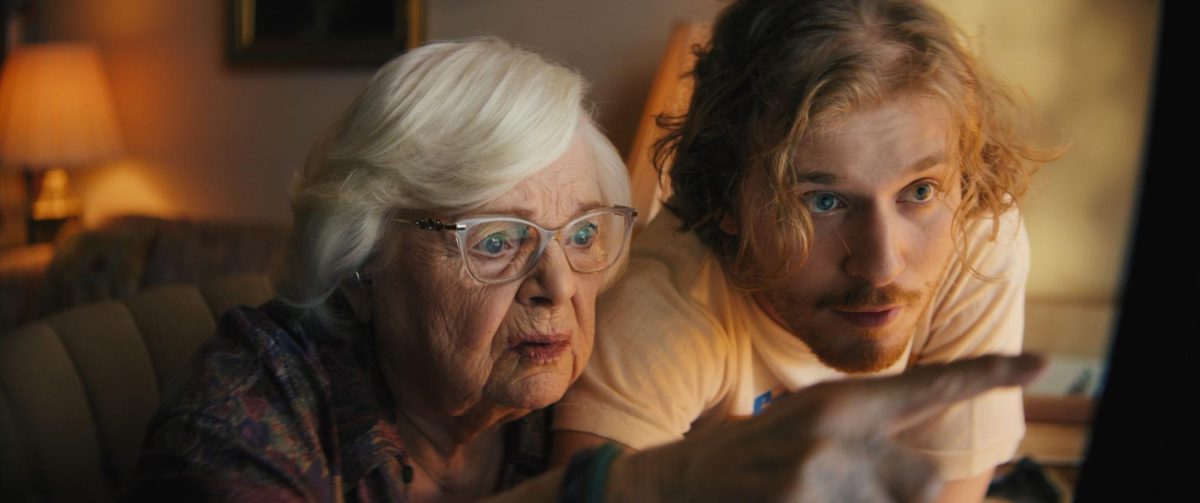



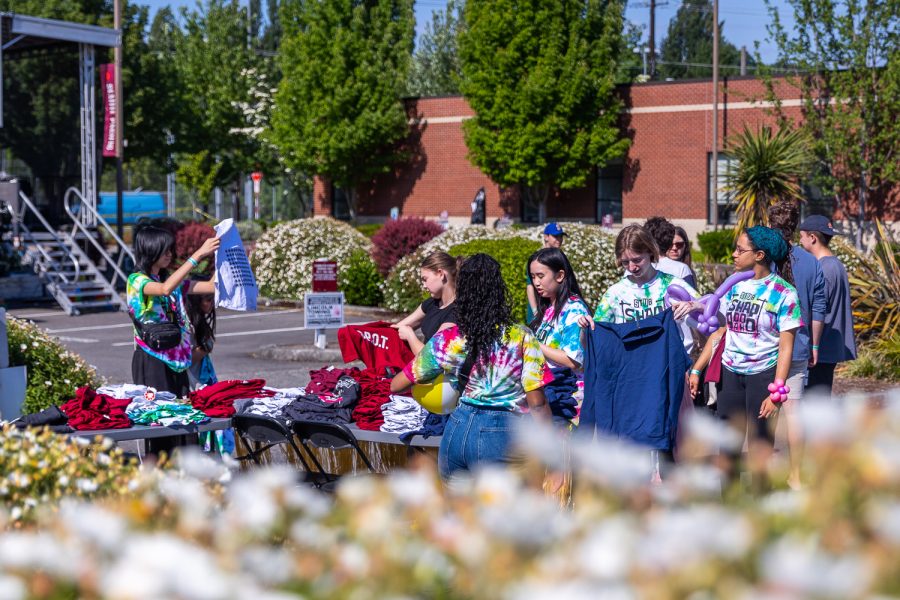


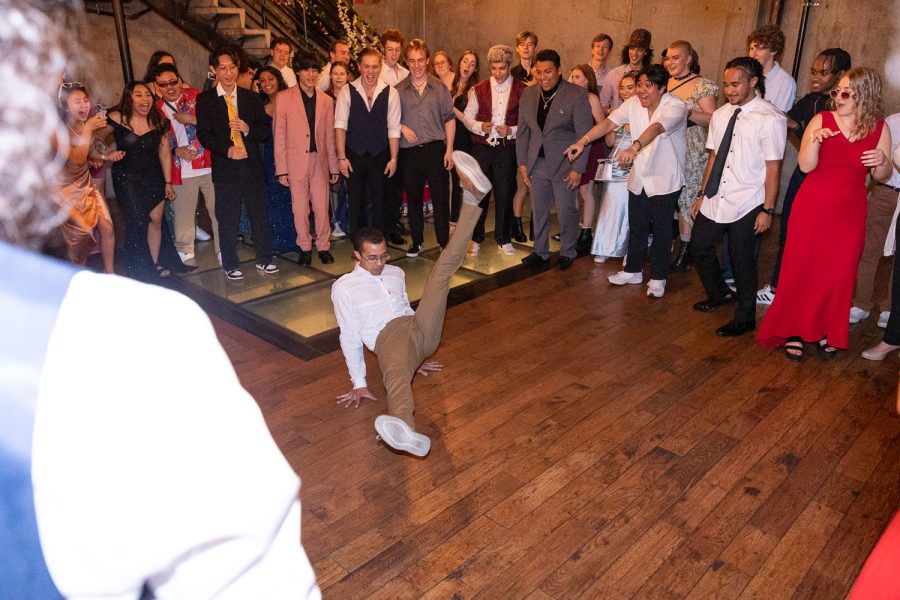











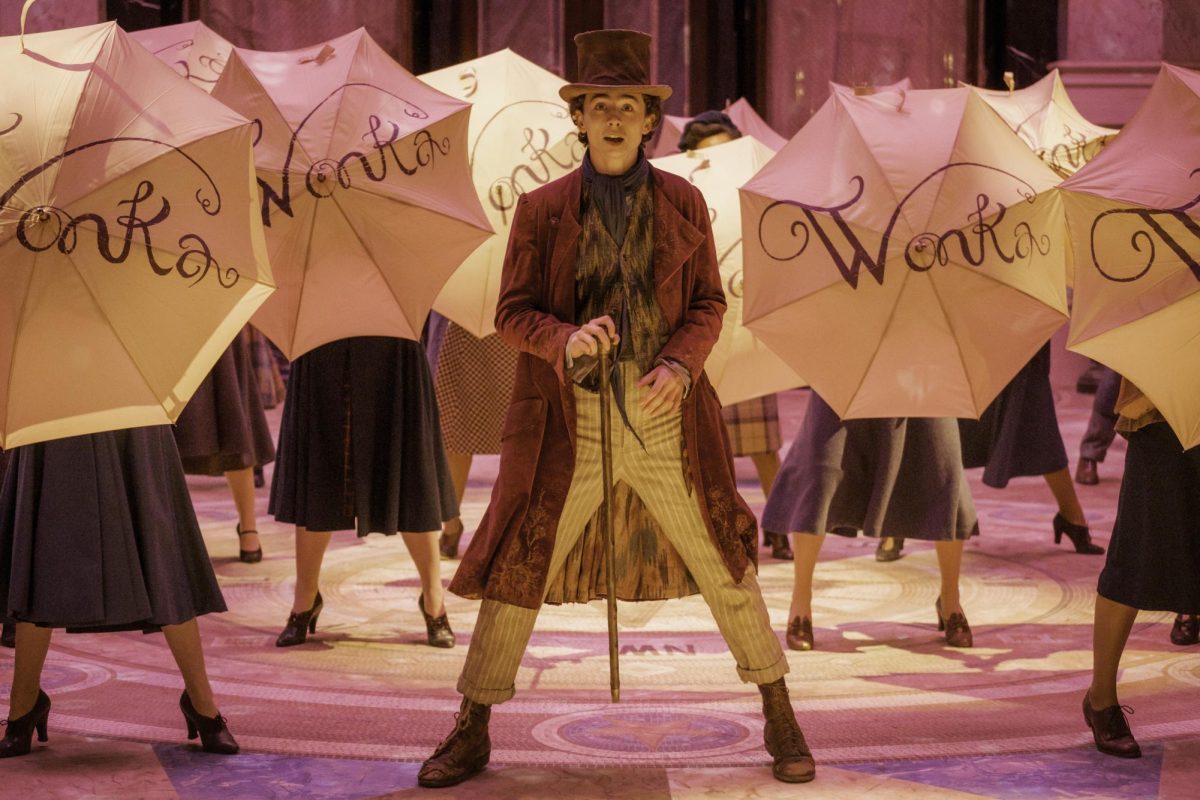




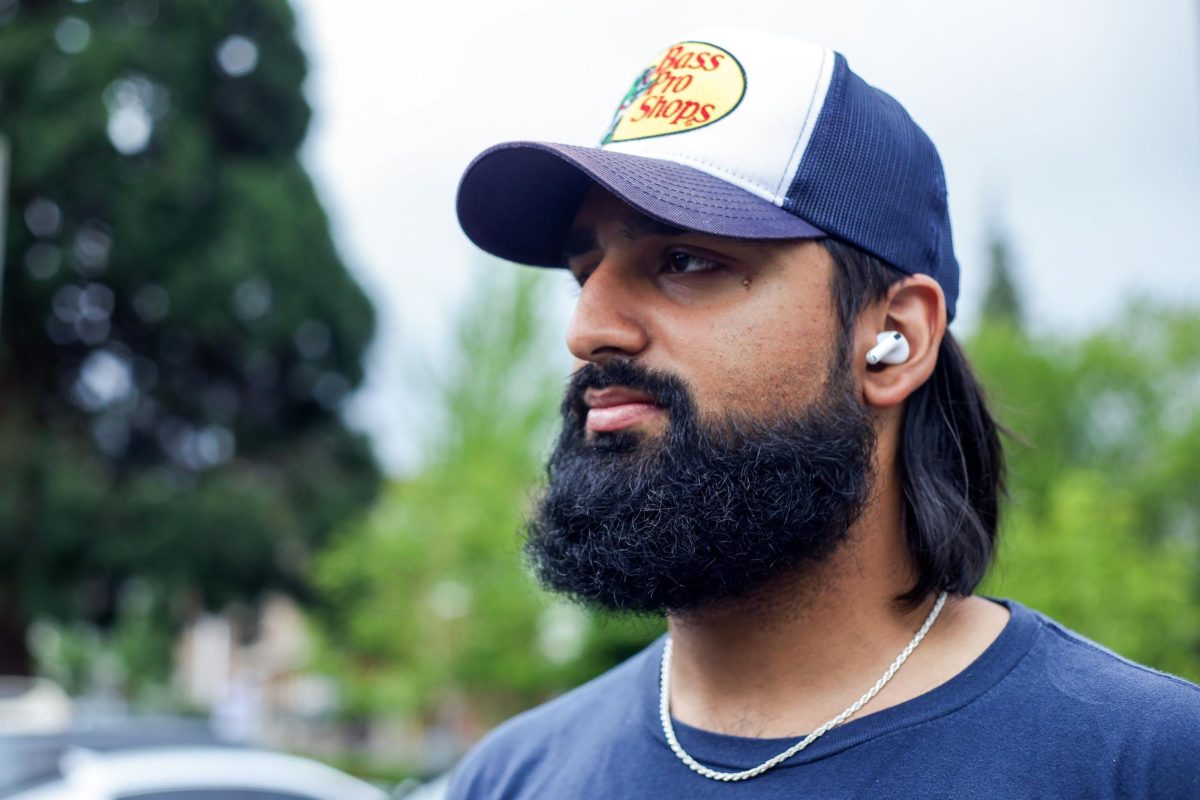







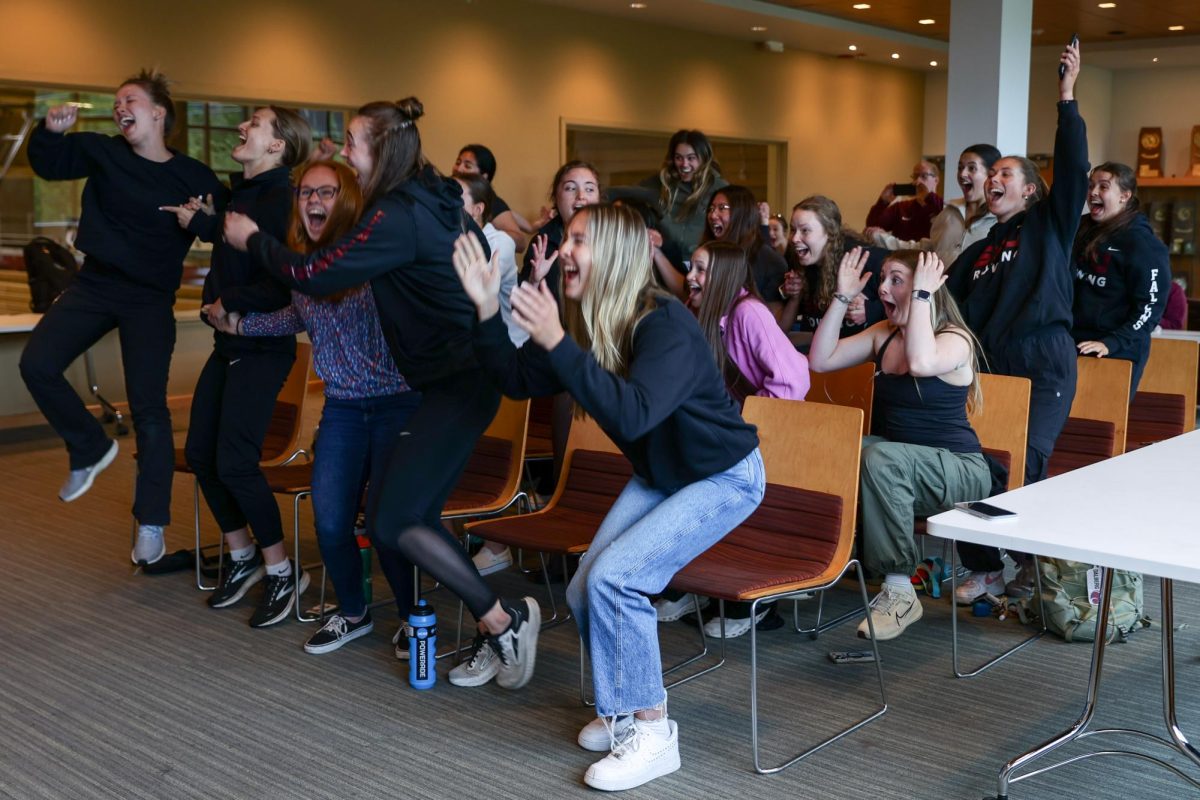


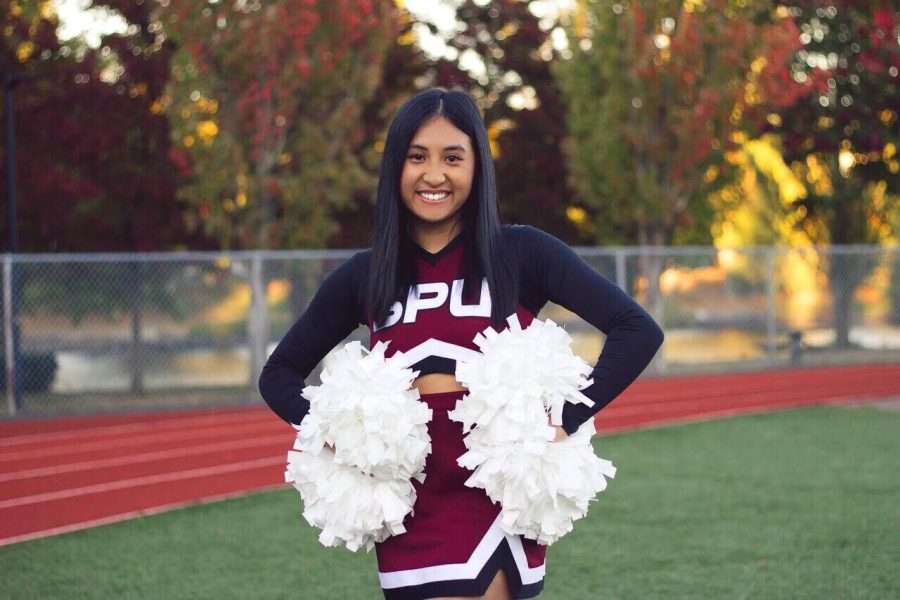
































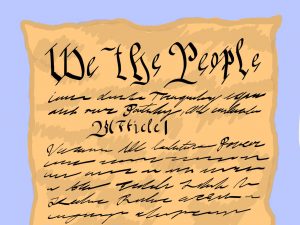



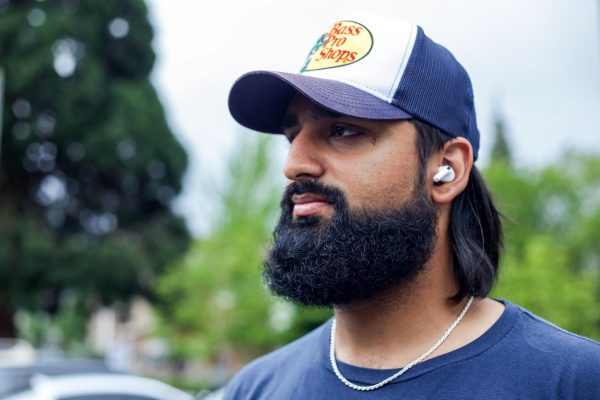




![Queer joy at SPU’s [Redacted] Fest](https://thefalcon.seapacmedia.com/wp-content/uploads/2024/05/04_14_23_9999_1-600x400.jpg)


